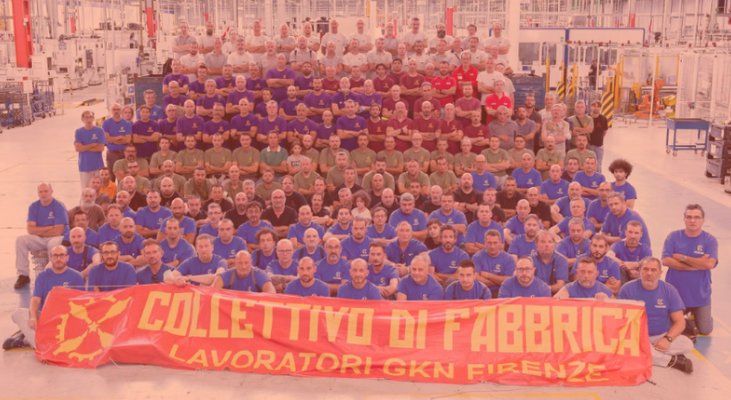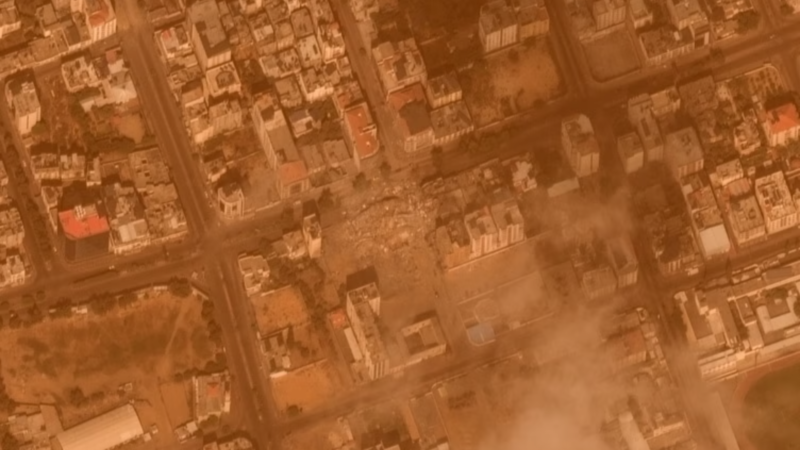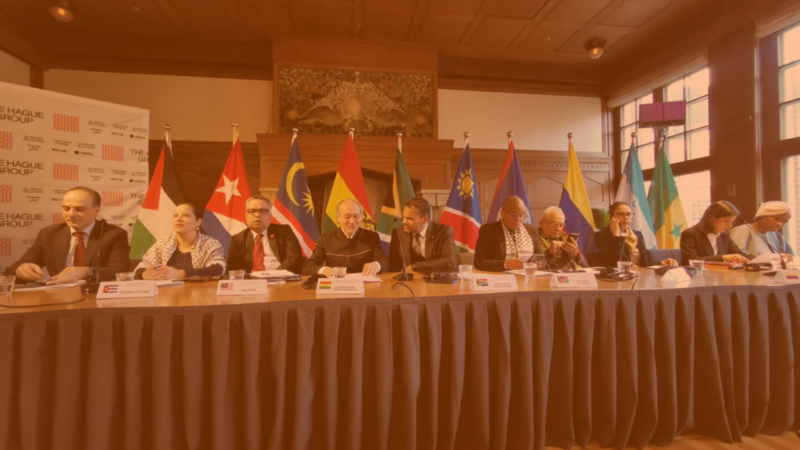Many critics of the United Nations seek to destruct, replace, or otherwise marginalize the agency for their various failures to uphold peace and human rights around the world.
But the UN must to strengthened and reformed, not destroyed. We cannot simply dispose of the agency that helped the world to overcome the cruelest of world wars. Instead, we must recover the principles of justice and international law that the peoples of the world enshrined in the UN Charter.
One of the most important UN roles is disarmament and demilitarisation. The nuclear ban, adopted by the UN on July 7, was an important step in the right direction. But the UN needs to be strengthened in order to ensure that this agreement is ratified and implemented by all countries — most importantly the nine nuclear weapon holders and the NATO members.
Similarly, the Sustainable Development Goals — while noble and comprehensive — fail to take into account the hierarchy of power on the world stage. International companies have bigger revenues than small states, and their activities rarely fall under clear jurisdiction. Imperial nations in the West, dominated by these companies, clear the way for corporations to pursue their interests to secure resources at the cost of lesser developed countries.
The disintegration of the Warsaw Treaty was a signal for the NATO states, and especially for the USA, to regard international law as a quarry for their own interests. Wherever it suited their own interests, one relied on international law; if not, it was pushed aside. That was the greatest attack on the UN as an instance of peaceful conflict regulation.
But the UN remains the central institution to enforce a non-violence clause in international relations.
Indeed, there is no more hopeful institution on the world stage than the UN. All the countries of the world could sit equably at the table, solve conflicts peacefully, distribute the wealth justly and cooperate together to protect the planet. This is a still valid utopia.
But it needs reform and structural changes.
More power for the General Assembly and more countries from all continents in the Security Council. The outdated criteria for Security Council members need to be drastically revised. A modern, equality based legal system has to protect the weaker from the stronger who otherwise just force their interests. Therefore the criteria to be a member of the Security Council should not be military or economic power — or possession of nuclear weapons.
The modern criteria to join the security council has to be highest achievements for global change towards peace, equality, social standards, justice, ecological balance, sustainability and well-being. This could be put in the context of the SDGs and their implementation, also the “buen vivir” concept of Bolivia and Ecuador are good examples for states promoting change in that right direction.
An economic council is urgently needed, equated to the Security Council, which strictly controls corporations and tax policies, strictly regulates financial markets, and establishes an overdue and fair trading system. Institutions like the IMF and the World Bank must finally be placed under the control of the UN, so that they can be accountable to democratically elected governments, rather than unelected bureaucrats. Only with a strong economic mandate can the UN become a force for economic justice around the world.
Isabelle Casel
Freelance speaker, policy consultant, peace activist, founder ‘Peace Lab Europe’. Specialisation ‘positive peace’, Middle-east and Europe (I also was a candidate for the European parliament in 2008), member of the Thematic DSC Military and Foreign Policy 1
Do you want to be informed of DiEM25's actions? Sign up here















